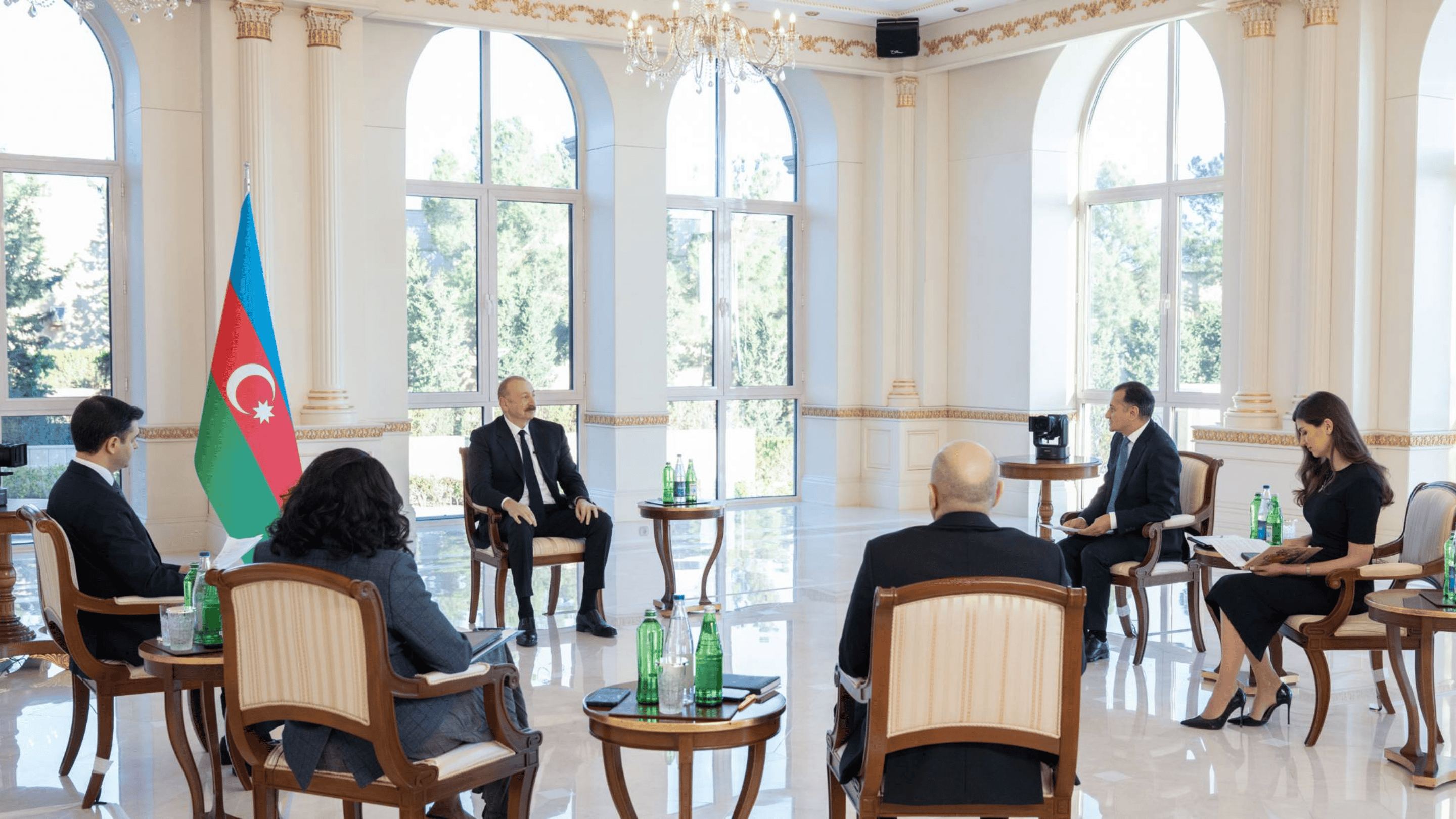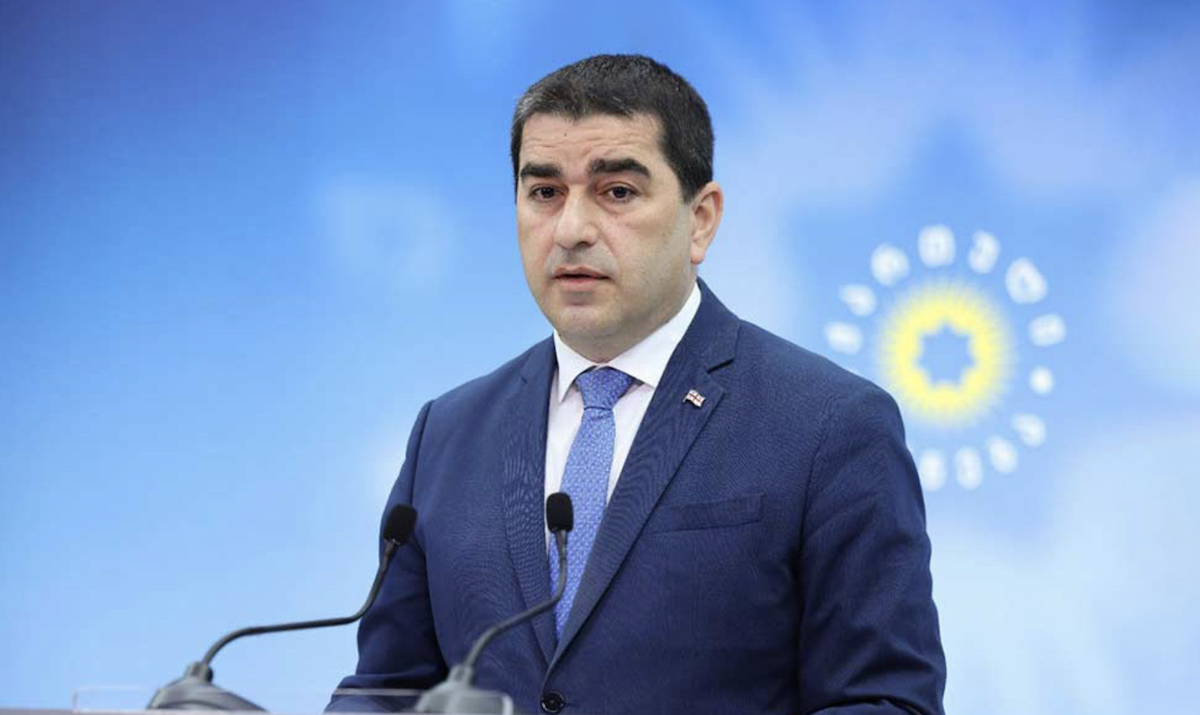How is the Georgian government going to implement the recommendations of the European Commission? A concrete plan
EU recommendations for Georgia
The Government of Georgia has published an action plan for the implementation of the steps identified by the European Commission. The document presents nine steps, as well as the relevant activities to be implemented, their deadlines and the names of the agencies that will be responsible for implementation.
All the listed activities must be implemented by the end of 2024. The plan was approved by the Government Commission for European Integration on November 27, 2023.
On December 5, the European Council decided to start negotiations on the accession of Ukraine and Moldova to the EU and to grant Georgia the status of a candidate country for accession.
Prior to the European Council decision, the Council General Secretariat published an opinion on enlargement. The Council called on Georgia to demonstrate a clear commitment to EU values, to continue progress in the reform program and to meet the conditions set by the Commission.
The EU Council of Ministers emphasizes that Georgia must ensure full respect for fundamental rights, including media freedom and pluralism, freedom of opinion, assembly and expression, as well as the protection of the LGBT community from intimidation, violence and discrimination.
Steps listed by the government and activities to be implemented
- Combating disinformation, external information manipulation and interference that work against the European Union and its values. The Government of Georgia intends to develop a communication campaign action plan to promote the European Union and its values in Georgia.
- Improvement of Georgia’s approach to the common foreign and security policy of the European Union – in this regard, it is necessary to improve the pace of accession to the positions of the European Union; continue active cooperation with the relevant EU structures so that the territory of Georgia is not used to evade the sanctions imposed by the European Union against Russia.
- Further work to overcome political polarization, including by ensuring a more inclusive legislative process with parliamentary opposition parties, especially on legislation related to Georgia’s European integration. Ensure the inclusion of all parliamentary political parties in working formats related to European integration and other major reforms; also continue cooperation with civil society on the Georgia-EU agenda.
- The European Commission granted Georgia EU candidate status
- US State Department welcomes EU decision to grant Georgia candidate status and pledges support
- Interior Ministry denies Georgia rejected Germany’s proposed “Balkan model” of employment
- Ensuring a free, fair and competitive electoral process, especially in 2024, and taking full account of OSCE/ODIR recommendations. Completing electoral reforms well in advance of election day, including ensuring adequate voter representation – to implement this step, the government intends to invite an OSCE/ODIR long-term observation mission to the 2024 elections to establish working formats for effective co-operation between relevant state bodies and observation organizations, and to include parties/elections in the electoral code. Amend the issue of funding. Recent actions include banning donations from legal entities to political parties, lowering the ceiling on annual expenditures in relation to GDP.
- Further improve the system of parliamentary oversight, especially of the security services. Ensuring institutional independence and impartiality of key institutions, especially the election administration, the National Bank, and the Communications Commission. The Government promises to improve oversight practices of parliamentary political parties and non-governmental organizations; it also intends to replenish the composition of the parliamentary confidence group.
- Completion and implementation of a holistic and effective judicial reform, including a comprehensive reform of the High Council of Justice and Prosecutor’s Office, by fully implementing the recommendations of the Venice Commission and ensuring a transparent and inclusive process by establishing a working format with the participation of all parliamentary political parties and non-governmental organizations on judicial and prosecutorial reform, as well as to update and adopt relevant legislative changes.
- Further ensuring the efficiency, institutional independence and impartiality of the Anti-Corruption Bureau, Special Investigation Service and Personal Data Protection Service. Implementation of the Venice Commission’s recommendations regarding these bodies through an inclusive process, building up experience in investigating anti-corruption and organized crime cases – the Government intends to initiate legislative amendments to implement the Venice Commission’s recommendations, which will be published on 15 December. It is also envisaged to hold meetings with all parliamentary parties and non-governmental organizations to discuss the annual reports of these bodies.
- Improve the existing de-oligarchization action plan to implement a multi-sectoral, systemic approach in line with the recommendations of the Venice Commission and through a transparent and inclusive process involving opposition parties and civil society – relevant activities include the adoption of the de-oligarchization plan in consultation with parliamentary political parties and non-governmental organizations. Meetings with organizations to effectively monitor the implementation of the de-oligarchization plan.
- Improving the protection of human rights, including through the implementation of a human rights strategy and ensuring freedom of assembly and expression. It is planned to initiate impartial, effective and timely investigations into incidents affecting the safety of vulnerable groups, media workers and civil society activists, and to hold perpetrators and organizers of violence accountable. Consultation and cooperation with civil society will enable it to participate in legislative and political processes and ensure their free operation – at the direction of the Government, a joint meeting of representatives of civil society, international organizations and government bodies will be held to discuss the human rights protection plan for 2024-2026.
“The government will also approve a plan for the protection of human rights for 2024-2026, following consultations with parliamentary political parties and non-governmental organizations. Among the activities to be implemented are holding meetings with civil society organizations about ongoing investigations, providing the European Commission with comprehensive information about investigations and holding regular meetings with non-governmental organizations to facilitate their participation in the country’s legislation and policy-making processes,” the document says.


















